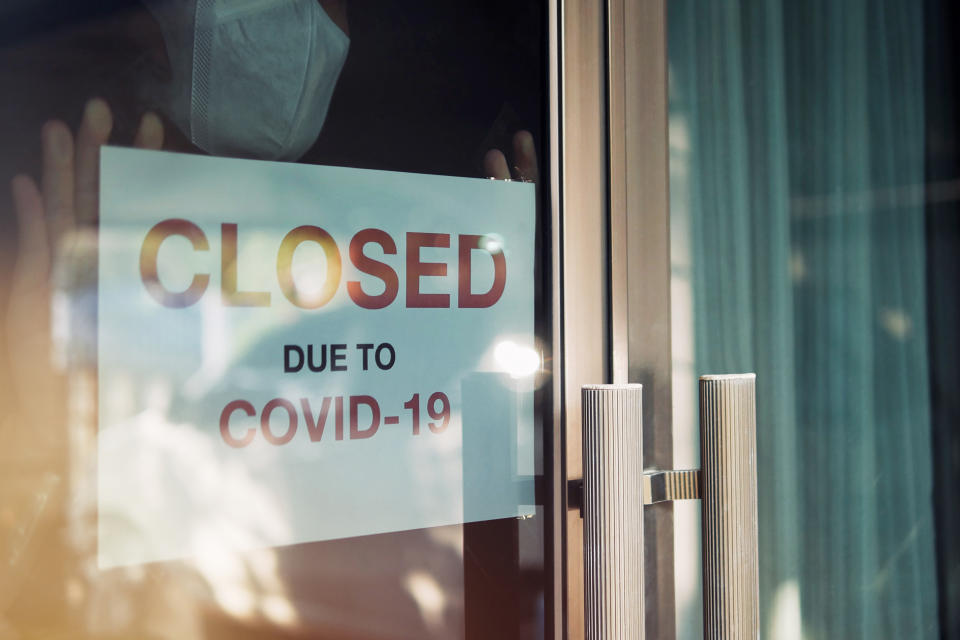What to do if your industry has been affected in the long-run by COVID-19

Lockdown restrictions are beginning to ease in the UK, but the crisis is far from over. The reopening of pubs and non-essential shops has sparked fears of a second wave of infections and concerns that the economic fallout of COVID-19 will have a lasting impact.
Unemployment is set to surge to 3.5 million this year as a result of the pandemic, according to a poll by the Bank of England. The survey predicted that an average of 11% of the workforce will be out of a job before the end of this year — up from April’s official unemployment rate of 3.9 percent.
A number of businesses including the Casual Dining Group — the owner of Bella Italia, Cafe Rouge and the Las Iguanas — Upper Crust, Airbus, Easyjet, Royal Mail, Arcadia and Harrods have announced job cuts this week. John Lewis has announced it will close up to 19 of its stores permanently.
READ MORE: How to handle financial anxiety during a pandemic
While some people are temporarily out of work, others have been made redundant permanently among industries that have been hit particularly hard, such as airlines. A recent report by Bloomberg Economics warned that up to a third of the job losses experienced between February and May might not ever return. Economists describe this as “reallocation shock” — meaning that with COVID-19 restructuring so much of the economy, these jobs have disappeared and will be reallocated to other industries.
“It’s hard to think of any industry that the pandemic hasn’t affected. Clearly, the retail, travel and hospitality sectors are seeing the most casualties currently,” says career expert Victoria McLean, founder & CEO of City CV.
“Major banks have also publicly speculated that they might not return to their large HQs and trading floors. So, even those people not being made redundant are likely to see big changes in the way they work — some form of flexible home/office working is likely to be here to stay for many sectors.”
So what can you do if your job is unlikely to exist after the pandemic?
“The first bit of advice we give all our clients is not to panic — and don’t take it personally,” McLean says. “You are not alone in this. Now more than ever you need to take control and use the time to assess your skills and identify where you can add value in any role.”
Look at your CV — if it is simply a list of job titles and functional descriptions, you may need to think again. Employers will want to know what you have achieved and they will want to see how you have shown flexibility and adaptability as well as leadership in times of crisis. Think about transferable skills you can apply to jobs in other industries.
“If possible, you should also try to talk to your existing employer. If they are making redundancies, find out whether they plan to offer employees any outplacement services, including help with your CV, interview technique and job hunting strategy,” says McLean.
READ MORE: What to say and what not to say to someone who has lost their job
“Even if they have a preferred provider you can still decide which company is best for you and who you feel would offer the most personalised support.”
If you’re worried about the future of your industry or job, you could think about retraining or relocating. Changing careers is not always an easy process, though — it can be expensive and time-consuming.
It’s also a tricky time to dive into a new venture at a time when nothing is certain. It’s important to do your research and consult an expert on the industries and sectors that are either more resilient or are likely to grow as we emerge from lockdown.
“Consider whether this is an opportunity to completely change direction — perhaps set up in business on your own or use your skills in a totally new career,” McLean says. “Working with a professional careers consultant is sometimes the best way of unlocking what your real passions, values and talents are.”

 Yahoo Finance
Yahoo Finance 
